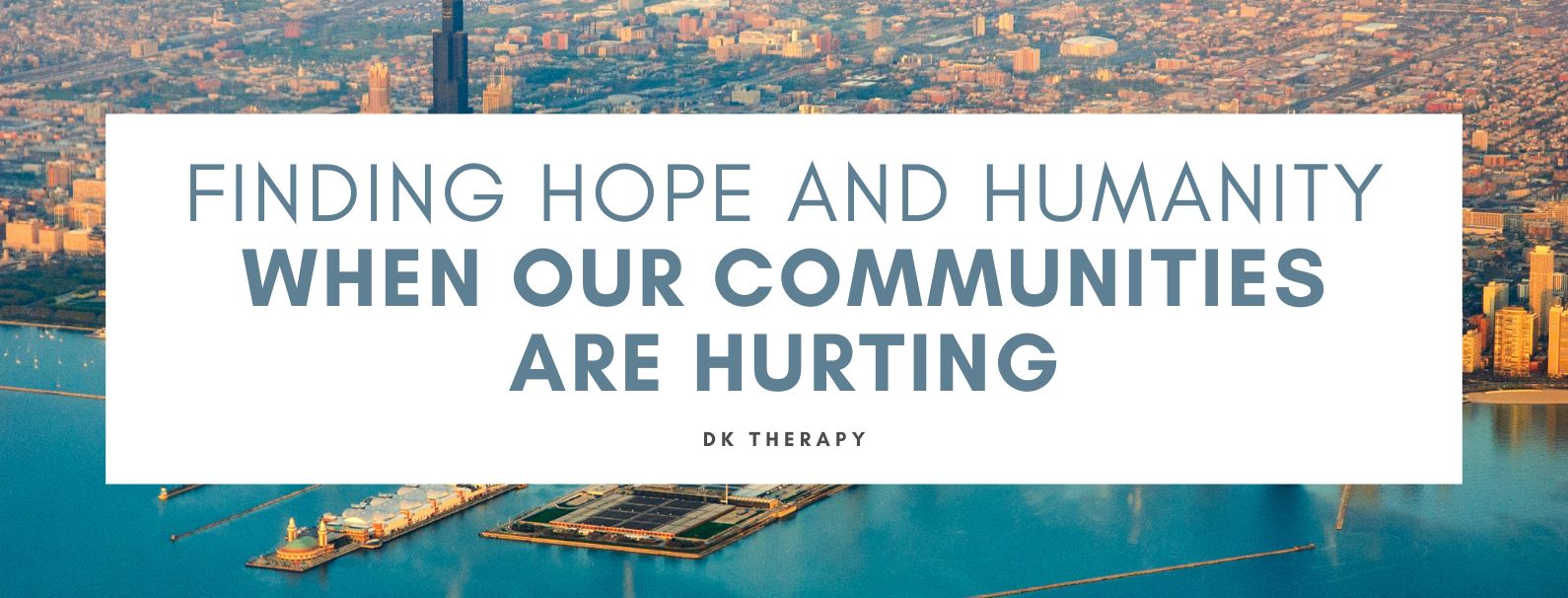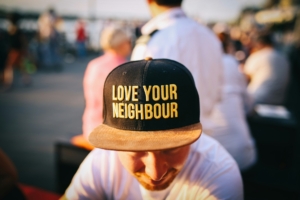
When a neighborhood contends with fear or uncertainty, the effects reach everyone nearby. Even if you’re not directly impacted, you might still feel worried, angry, or unsure of how to help your friends. Understanding that communities in distress affect everyone is the first step toward meaningful support. Research notes that a strong sense of community connection can combat loneliness and improve mental well-being, especially during stressful times.
Chicago neighborhoods have dealt with challenges in the past, and what often carries people through is each other. When you see what’s happening around you as a shared concern, you help strengthen the social fabric that keeps everyone supported.
Being aware of the needs of others and finding small ways to contribute helps move from concern to action. Even simple gestures, like checking in on neighbors or sharing safety tips, can set the stage for consistent support.
Be Present and Consistent
 You do not need to have all the answers to make a difference. What matters most is showing up. Listening, offering a ride, sharing a meal, or simply being a comforting presence can make a real impact. One study found that people who engaged in mutual aid efforts and local volunteering reported higher emotional well-being and stronger feelings of belonging.
You do not need to have all the answers to make a difference. What matters most is showing up. Listening, offering a ride, sharing a meal, or simply being a comforting presence can make a real impact. One study found that people who engaged in mutual aid efforts and local volunteering reported higher emotional well-being and stronger feelings of belonging.
It’s impossible to fix everything as just one person. The goal, instead, should be to help your friends and neighbors feel seen and supported. Sometimes, just letting someone know they aren’t alone helps them breathe a little easier.
Build Bridges Across Differences
Solidarity is most effective when people from different backgrounds step up to bat for each other. Offering support across lines of difference strengthens our bonds and builds safety nets for communities. Research on community interventions shows that striving for social support and a sense of shared identity has a positive effect on mental health.
Showing solidarity can include sharing knowledge about safe routes, helping neighbors access resources, and creating community networks for mutual aid. You don’t have to be in a position of power to help each other. Small actions that prioritize the safety of others can strengthen camaraderie as well.
Protect Your Own Well-Being
Supporting communities in distress carries a heavy emotional weight. It’s important that you remember to care for yourself so that you can continue helping others. Being part of a supportive network also allows you to receive care and connection in return. Give yourself time to rest, set boundaries, and reach out for support when you need it. Staying grounded ensures you can keep showing up for those who could use your help.
Focus on Safety in Your Communities
Looking out for each other goes beyond providing emotional support, though that’s essential too. Being alert to changes in the neighborhood, reporting dangerous activity when appropriate, and encouraging safe group practices can be incredibly effective. Just a small, simple action like walking someone home contributes to building communities that care.
Few things feel as isolating as having legitimate fear grip your life, and simple acts of kindness mean a lot. It’s easier to feel safe when someone knows they’re surrounded by people who care.
Strengthen the Ties That Bind
Hope and humanity are sustained through consistent care, awareness, and action. Every act of vigilance, every conversation, and every supportive gesture builds a neighborhood where people feel seen, safe, and valued. Every time you show up for your neighbors, every voice raised in support, and every act of genuine kindness gives communities what they need to thrive.
If you’re struggling and you’d like to work with a dedicated therapist, please reach out to DK Therapy and schedule an appointment with our office.




